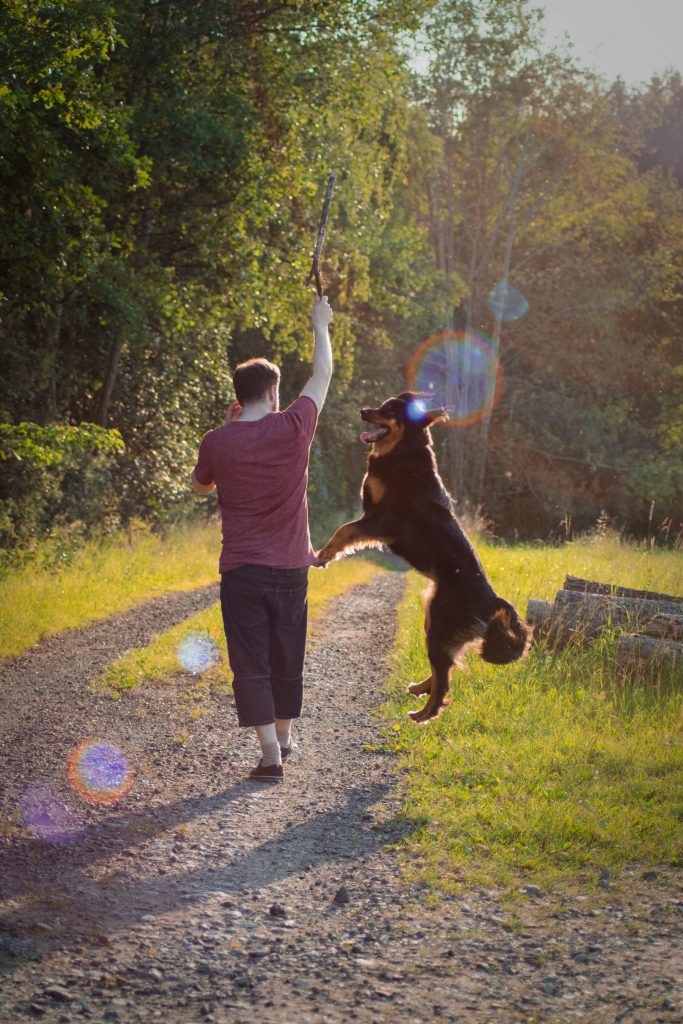How Dogs Perceive Time
Have you ever wondered if your furry friend has any sense of time? While they might not be checking watches anytime soon, dogs do have their own unique way of perceiving the passage of time. Let us delve deep into the fascinating world of canine cognition and explore how dogs understand the passage of time, shedding light on this intriguing aspect of their behavior.
The Science of How Dogs Perceive Time
Whereas for humans, time is gauged by the benchmark of clocks and calendars, dogs rely on their biological rhythms to make sense of the world. Scientific evidence has pointed out that dogs do have a circadian rhythm guided by the natural cycles of daylight and darkness and use that to predict standard events such as a time to be fed or taken for a walk.
Dogs vs. Humans

Dogs might not think about time the way people do, but they can tell when their owner has been gone longer than usual. They also have a natural skill for guessing when things will happen, based on what has happened before. Instead of measuring time by the clock, dogs keep track of how many things have happened, and they really depend on their daily routines.
Factors Affecting Dogs Perception of Time
Daily Routines and their Influence
The daily schedule of a dog controls much in respect to time consideration. Dogs mentally map their days based on the times of feeding, walking, and playing. Altering the schedule of such dogs perplexes them due to the subsequent stress involved, hence the reason why pet professionals support consistency in schedules.
The Sense of Smell and Time Keeping
Other factors, which may be considered crucial but not solely based on accounting for the way dogs perceive time, include scents. Canines possess remarkable senses of smell that they utilize in keeping track of time elapsed. For example, a dog will estimate the time its owner has been away by the lingering scent of the house.

How Dogs Gauge Time
Real-Life Examples
Evidence from studies indicates that dogs actually do behave in ways that prove they have a concept of time. Many dogs, for instance, begin to feel agitated when their owners are supposed to come home. This would suggest that they can estimate the time elapsed by the duration of the separation.
Observational Insights from Pet Owners
Anecdotal evidence from pet owners also supports the theory of dogs perceiving time. Many report their pets seeming to understand the difference between weekdays and weekends based on the household’s differing routines.
Helpful Tips for Managing Your Dog’s Sense of Time
Improving Your Dog’s Sense of Time
Dogs are concerned with time, so try to keep a routine as much as possible. Dogs feel much more secure when their times are predictable; it minimizes anxiety. Also, leave your scent items around so your dog can check and know how long you’ve been gone and will be returning soon.
Conclusion
Although dogs might not experience time as humans do, they tell time through other means developed from the perception of biological instincts and environmental clues. By understanding and nurturing these natural instincts in dogs, we can allow them to lead comfortable and well-adjusted lives.
Observe your pet, and you will likely start to notice the quiet ways they tell time. Share your findings with us in comments below or through social media by continuing the conversation on the quirky ways our pets interact with the world around them.


